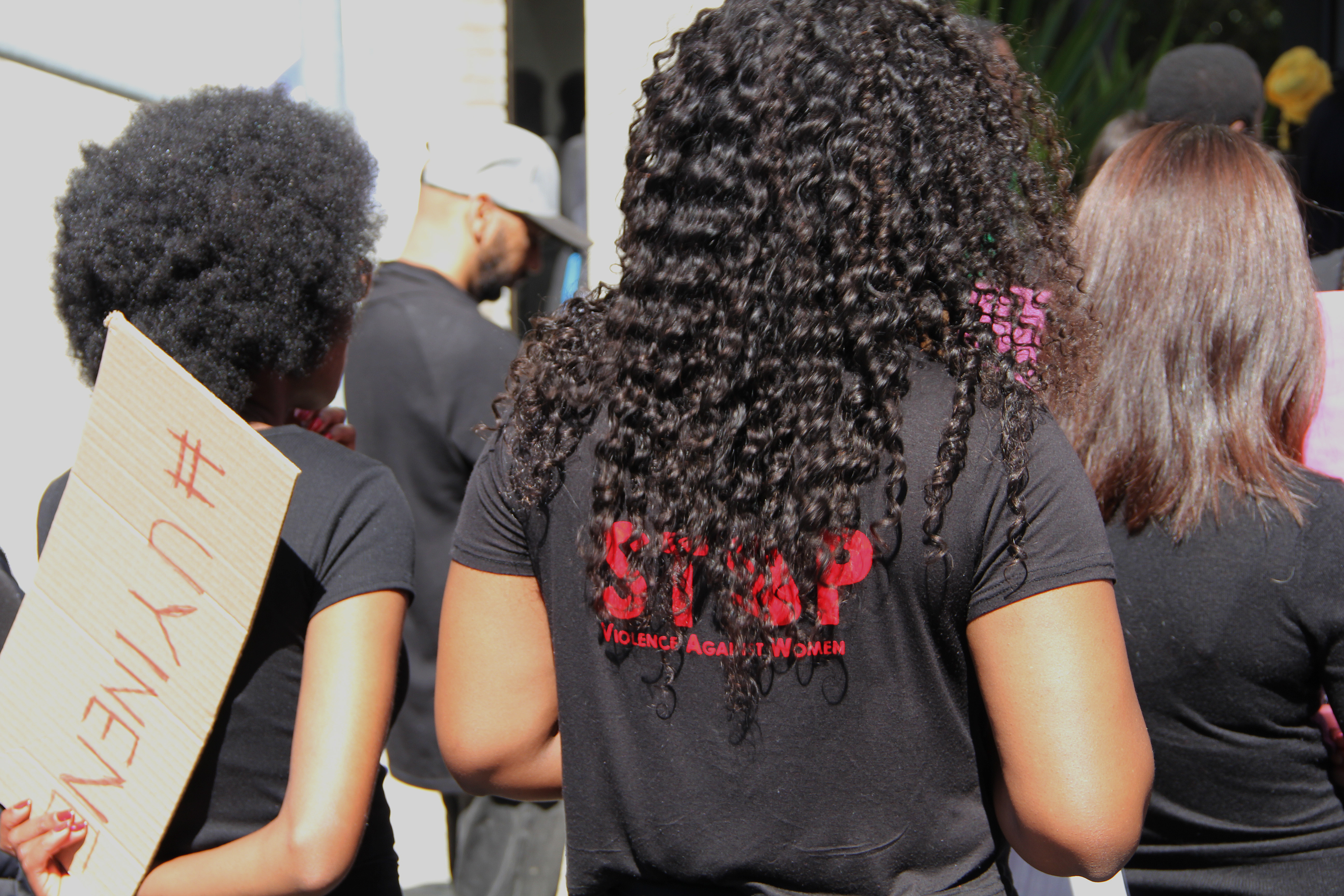While South Africa remains severely affected by the COVID-19 pandemic, the country is also experiencing an upsurge in gender-based violence (GBV). Even so, the South African Medical Research Council (SAMRC) continues to reiterate its indelible mark in the country’s ongoing fight against the scourge of GBV.
Dr Nwabisa Shai, a Specialist Scientist within the Gender and Health Research Unit (GHRU) has been leading the development of the second GBV Strategy for the Solidarity Fund (funded by the Bill and Melinda Gates Foundation) working with or via Genesis Analytics (GA). Contracted in June last year, Dr Shai was also responsible for developing the strategy, facilitating stakeholder consultations on the strategy, liaising with the SF lead on Humanitarian and Behaviour Change (HBC) pillars, a component of the SF focusing on food security and GBV response.
The second phase of the strategy involved Dr Shai providing expert advice to GA to develop a Theory of Change and identify sustainable solutions and leading the stakeholder consultations to prioritise the strategic focus areas and identified solutions. This culminated into the allocation and provision of R75 million in funding through a nation-wide Call for Applications to support critical GBV activities, programmes and services of eligible community-based organisations (CBOs) and non-profit organisations (NPOs). The funding focused on GBV related prevention, response and access to justice, aspects of GBV work identified through the stakeholder consultations. The prevention programmes included early childhood prevention and parenting programmes, while the response programmes and services prioritised mental health.
During this phase, Dr Shai assisted the Solidarity Fund Executive Committee (ExCo) to carefully select distinguished individuals to form part of an independent panel to review applications and approve recipients, representing civil society, advocacy, the private sector, and international development organisations operating in South Africa.
She also served as the Chairperson of the Selection and Evaluation Panel which adjudicated almost 700 shortlisted applications from over 1140 applications submitted and ensured that the disbursement of the GBV funds was ethical, fair, equitable and representative of the programmatic and service needs of communities.
The Panel made up of civil society, research, corporate and development funding representatives, all of whom have vast expertise in the GBV sector, met over a period of five days to review, deliberate and discuss the shortlisted organisations. In the end, a total of 332 CBOs and NPOs were approved to bring about the much-needed humanitarian relief to organisations and the communities currently constrained by socio-economic deprivation and GBV that have been exacerbated by the COVID-19 pandemic.
“What the Fund is doing is unprecedented,” says Dr Shai. “It is truly unique to have an organisation that is able to provide funding to a mix of organisations in an inclusive way across provinces and different focus areas. Instead of only focusing on one response, the Fund has chosen to focus on the various elements that are crucial to a strong GBV response. This includes prevention, psychosocial care and support focusing on mental health, access to justice, and others”, she concluded.
For over 20 years the SAMRC has been responsive to GBV, leading research, development and testing of interventions as well as dialogue on what works well to prevent and respond to the scourge. The organisation was instrumental in the development of the National Strategic Plan (NSP) on GBV and Femicide through the GHRU. Prof Rachel Jewkes, Prof Abrahams, Dr Nwabisa Shai and Dr Bianca Dekel contributed to different aspects of the NSP particularly the theory of change and co-drafting some of its sections as well as, developing the budget for the emergency response action plan of 2019/2020.

